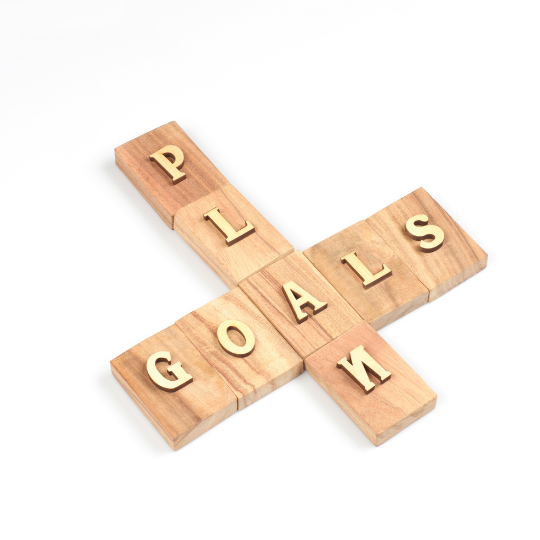
I have a slew of networking events coming up and I am mapping out my business and marketing goals for these events so I can network effectively and make the most of my time there. Today I’ll take you under the hood and share my top tips for effective networking at events.
If you’re like most people you might attend networking events, listen to the speakers or meet a few people, swap a few business cards and then go home. You might spend a lot of money or time to get there, for little or no return.
I want to walk you through a process to make the most of any networking events that you attend so that you do more than just show up – you learn how best to network effectively, exchange value and gain important insights that will help you grow personally and/or professionally.
It’s one thing to decide that you’ll attend events, but I suggest that you focus on finding truly relevant events that are going to give you the most impact on your business.
For example, it might be tempting to attend events that are short, cheap or purely online, when it actually might be better for you to attend live events or to pay more money for bigger or better events that will progress your business.
You’d be looking for events that interest you, are related to your specialty, and might link you with potential clients and/or referral partners. The idea is to maximise your exposure to quality people and good opportunities for collaboration, introduction to clients or professional visibility and reputation.
Most industries have lists of events that occur throughout the year. For example in coaching, you can find relevant events in a few different ways:
There’s generally at least one good reason why you decide to attend a particular event.
Rather than just showing up to the event ‘because it’s interesting’ like a lot of people do, I encourage you to unpack all the whys for attending in advance. Doing this might help you to identify some marketing or other opportunities to make the most of your time at the event, which enables you to set some really clear goals for the event.
For example, I am presenting at or attending three events soon

I have mapped out a why for each of these events so that I make the most of my attendance.
For example, I have three marketing goals for the Digital Health Festival:
Also, I have three goals for the HCANZA conference (tickets here!):
For each event, I have worked out which people I want to talk to and how many follow-up appointments I’d like to book.
Having these more specific targets means that I can show up and network purposefully and professionally and achieve some goals that will progress my business activities and growth.
As you’ve heard with my goals, it’s great to identify both speakers and potential attendees at an event you will be attending.
For example, at Share Your Brilliance Summit, I identified some wonderful speakers who could help me or my clients with different specialist areas of business.
At the Digital Health Festival in Melbourne, there are definitely speakers I want to talk to, but I also know that potential clients, competitors or collaborators might want to see those same speakers. That means I’ll be primed to network with the audience at some of those presentations.

It’s one thing to attend an event and identify people you want to meet – but on the day, you need to be clear and confident about how you will approach them! It’s great to think about some interesting ice-breakers to start conversations and to practice your elevator pitch, so you feel ready and confident with engaging.
Check out the link in the episode notes.
Once you get past that first hurdle of breaking the ice, then you’re ready for connection – simply put your coaching hat on and ask, listen and reflect.
See if you can work out the person’s needs, wants, gaps in knowledge, common ground or synergies.
And if they seem like someone that you’d like to build a professional relationship with – invite them to follow up.
Those people would probably fall into one of six categories:
It’s great to keep notes of the people you like (perhaps on your phone) – add their name and perhaps their website, phone number and also the category you’d assign them to.
You’d probably be looking to create follow-up situations in one of several ways.
At a live event, swapping business cards is a great way to follow up – but take it one step further and agree on a date for a ‘coffee catch up’ online or in person.
The way you decide to connect would depend on the type of category that person falls into
For example, if you met an ambassador who wanted to showcase you or an influencer who wanted to mention you, then following them on social media and sending a private message would be one way to stay connected to them. You might also share some of their posts.

For referrers and collaborators, you might organise a Zoom meeting or a coffee date so you could talk about how you could help each other out.
For leads and prospects, you might invite them to follow you, and you might email them an article or podcast you created that might be interesting and valuable to them. Following that, you could organise a Zoom meeting or a coffee date to follow up.
As you can see, there’s more to events than just booking one and attending.
They present an opportunity to create connections that can help you to grow and build your business.
As we discussed, it’s about finding relevant events that give you the best opportunities first, then working on your why, your goals, who is attending, and how you will connect and follow up.
Understanding who you are and what you need will allow your business to thrive! If you’re truly ready to break old habits and get out of the rut I encourage you to check out the Habitology membership.
Learn more here: